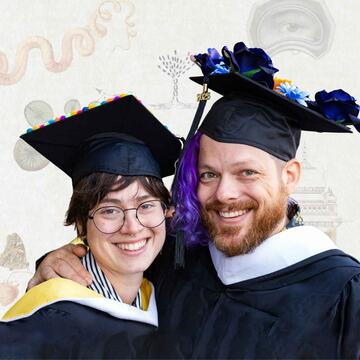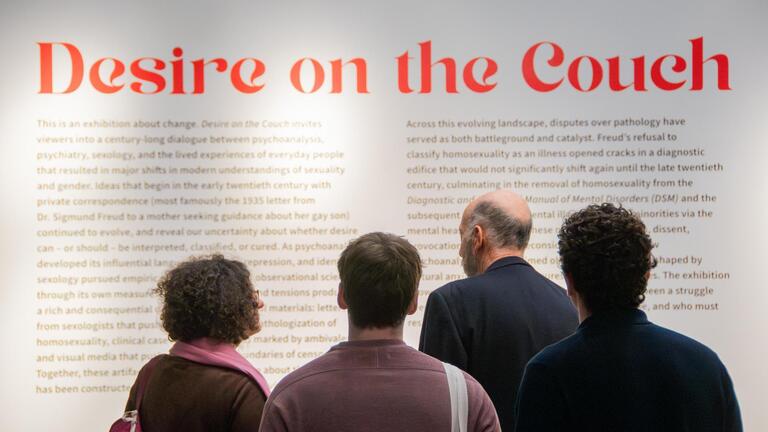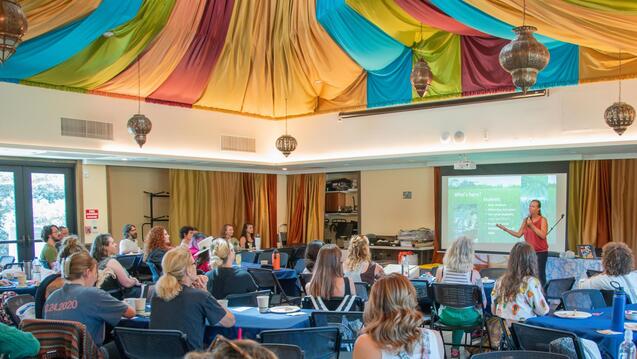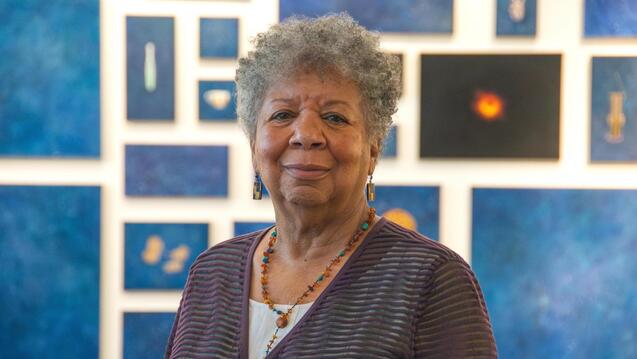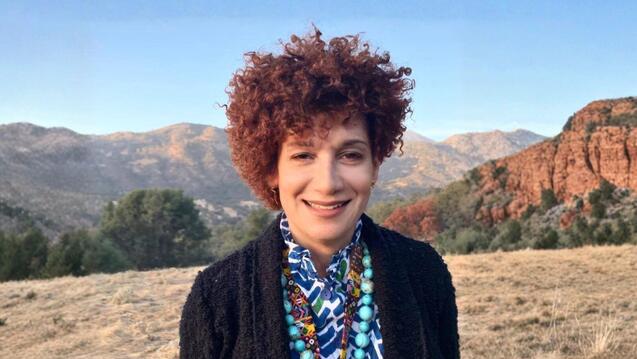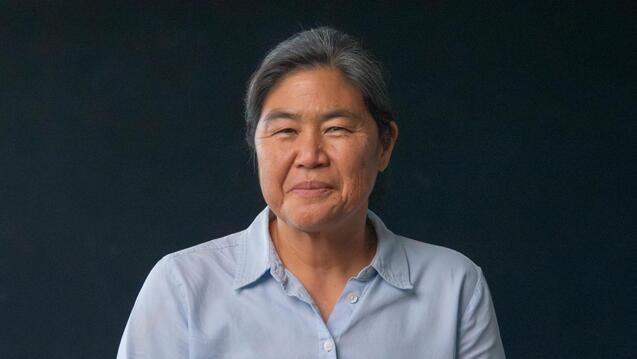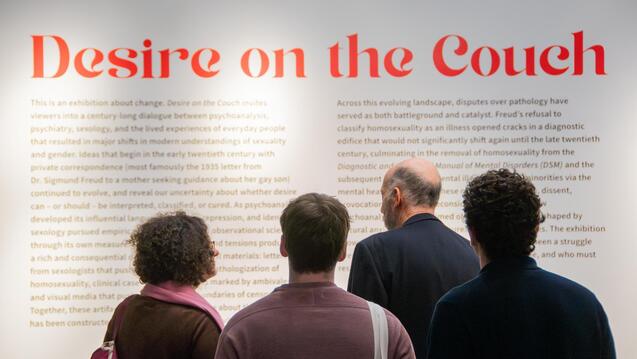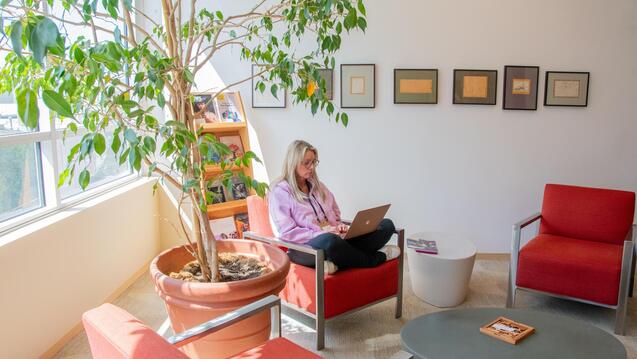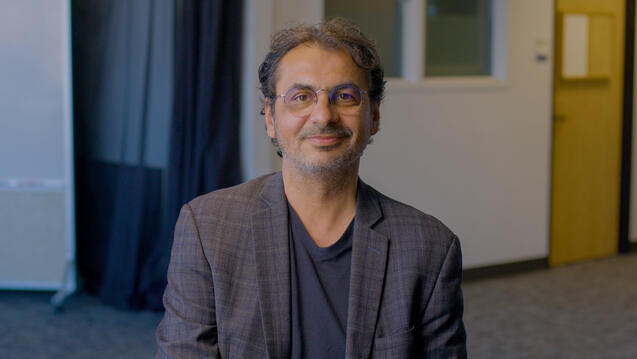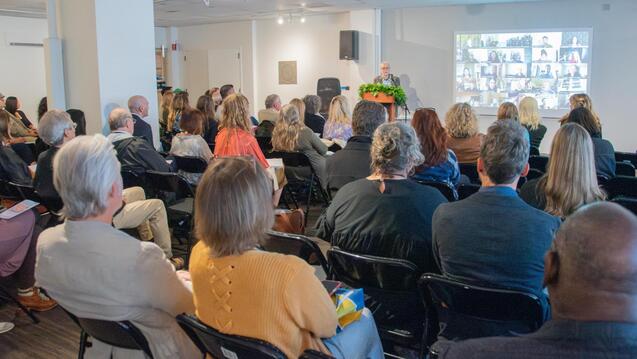The Division of Community Engagement and Belonging highlights the work of Shirley Strong, Beloved Community Consultant and Former CIIS Dean of Students.
People Spotlight
The Division of Community Engagement and Belonging highlights the work of Shirley Strong, Beloved Community Consultant and Former CIIS Dean of Students.
Professor Mimi Savage introduces CIIS' new Expressive Arts Coaching & Community Building master's program, designed for artists and coaches seeking to support transformation through creativity.
Professor Lani Chow explains how CIIS' Clinical Psychology Psy.D. program takes an integrative approach to training therapists in depth psychological traditions.
Professor Mimi Savage introduces CIIS' new Expressive Arts Coaching & Community Building master's program, designed for artists and coaches seeking to support transformation through creativity.
Desire on the Couch is a groundbreaking exhibition at CIIS that reexamines a century of debates over sexuality, desire, and identity—bringing rarely seen archival materials and unheard stories into public view.
A $30,000 grant will establish a faculty research fund at CIIS, creating opportunities for innovative studies in Somatic Psychology and Integral Transpersonal Psychology.
Expressive arts coaching uses creativity to foster resilience, connection, and meaningful change.
Professor Lani Chow explains how CIIS' Clinical Psychology Psy.D. program takes an integrative approach to training therapists in depth psychological traditions.
In a divided world, two Blue Sky Leaders explore how deep listening, jazz, and integral education create connection and shared leadership.
Write a personal statement that reveals who you are, what shaped you, and why CIIS is your next step.
Senior Lecturer Cosmin Gheorghe shares how CIIS' Bachelor of Science in Psychology helps students connect disciplines and find meaning in a fragmented world.
Over 370 participants gathered at CIIS to honor Jung’s 150th birthday in a transformative exploration of psyche, purpose, and collective healing.
